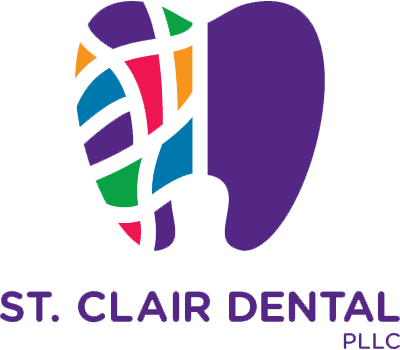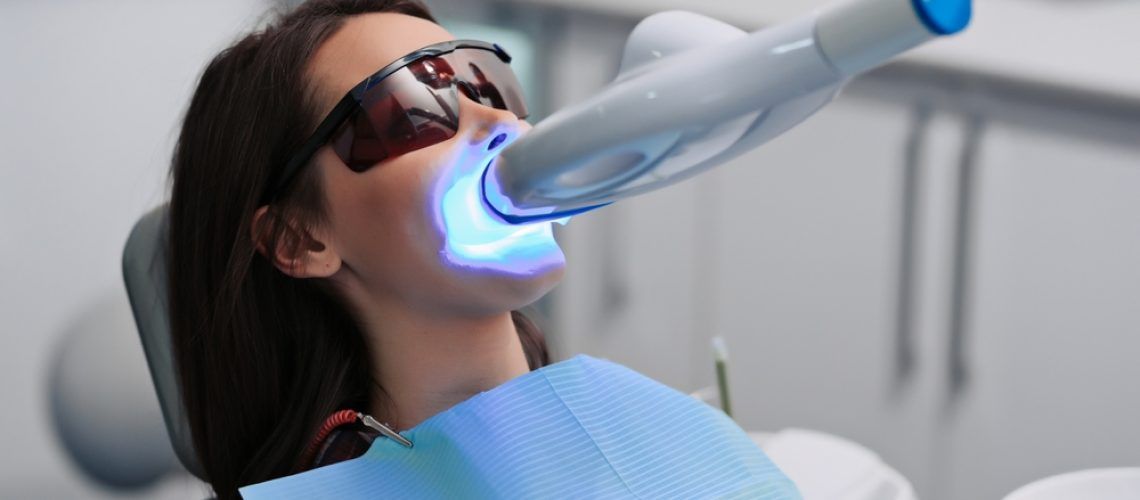The advent of laser technology has revolutionized many fields, and dentistry is no exception. Lasers are now an integral part of various dental procedures, offering a level of precision and comfort that traditional methods often cannot match. At St. Clair Dental, PLLC, in Granbury, TX, Dr. Maureen Karl utilizes laser technology to enhance patient care, ensuring more effective treatments with minimal discomfort. This blog will explore how lasers are reshaping the landscape of dental procedures and what this means for your oral health.
Understanding Laser Technology in Dentistry
Lasers, which stands for Light Amplification by Stimulated Emission of Radiation, emit a focused beam of light that can be used to cut, shape, or remove tissue in a precise manner. In dentistry, different types of lasers are employed depending on the specific needs of the procedure. The two primary types used are:
1. Soft Tissue Lasers
Soft tissue lasers are used for procedures involving the gums and other soft tissues in the mouth. They are particularly useful for:
- Gum Contouring: Soft tissue lasers can reshape the gums, improving the aesthetics of a patient’s smile by creating a more even gum line.
- Periodontal Treatment: Lasers can remove infected gum tissue, sterilize the area, and promote faster healing, making them ideal for treating gum disease.
- Frenectomy: A frenectomy involves cutting the small tissue fold (frenum) that restricts tongue or lip movement, often used in treating tongue-tie. Lasers offer a less invasive option with quicker recovery.
2. Hard Tissue Lasers
Hard tissue lasers are designed for procedures involving teeth and bone. These lasers are capable of:
- Cavity Preparation: Lasers can remove decayed portions of a tooth with high precision, preserving more of the healthy tooth structure compared to traditional drills.
- Tooth Sensitivity Treatment: Lasers can seal tubules on the root surface of a tooth, reducing sensitivity to hot and cold temperatures.
- Bone Surgery: In some cases, lasers can be used to reshape bone during procedures such as crown lengthening.
Benefits of Laser Dentistry
The integration of lasers into dental procedures offers numerous benefits for both patients and practitioners. Here’s how laser dentistry is enhancing the quality of care at St. Clair Dental:
1. Greater Precision and Control
One of the most significant advantages of laser technology in dentistry is the unparalleled precision it offers. Lasers can target specific areas of tissue with minimal impact on surrounding areas, which is particularly important when working near sensitive structures like nerves. This precision leads to:
- Less Damage to Surrounding Tissues: The focused nature of the laser beam reduces the likelihood of inadvertently affecting adjacent healthy tissues.
- Preservation of Healthy Tooth Structure: In cavity preparation, for example, lasers allow for the removal of only the decayed portion, preserving more of the natural tooth.
2. Reduced Pain and Discomfort
Many patients find laser procedures more comfortable than traditional methods, which often involve cutting and stitching. Lasers minimize the need for:
- Anesthesia: In some cases, the use of lasers can reduce or even eliminate the need for anesthesia, as the procedure is less invasive and causes less pain.
- Bleeding and Swelling: Lasers cauterize as they cut, which significantly reduces bleeding and swelling during and after the procedure.
3. Faster Healing and Recovery
The minimally invasive nature of laser procedures typically results in faster healing times compared to traditional methods. This is particularly beneficial for:
- Post-Operative Recovery: Patients often experience less discomfort and a quicker return to normal activities after laser procedures.
- Reduced Risk of Infection: The heat generated by the laser helps to sterilize the treatment area, reducing the risk of post-procedure infections.
4. Improved Outcomes in Gum Disease Treatment
For patients with periodontal disease, laser therapy offers a more effective and less invasive treatment option. Lasers can:
- Remove Bacteria and Infected Tissue: The laser beam can penetrate deep into periodontal pockets, targeting bacteria and infected tissue more effectively than manual tools.
- Promote Reattachment of Gums: Lasers can stimulate the regrowth of gum tissue and encourage the reattachment of the gums to the teeth, improving the overall health and stability of the teeth.
Specific Laser Dental Procedures
At St. Clair Dental, PLLC, Dr. Maureen Karl employs laser technology in a variety of procedures to improve patient outcomes. Here are some examples:
1. Laser Teeth Whitening
Laser technology can accelerate the teeth whitening process, providing quicker and more noticeable results. The laser activates the whitening agent applied to the teeth, enhancing its effectiveness. This method is particularly popular for patients looking for a brighter smile in a short amount of time.
2. Laser-Assisted Root Canal Therapy
Root canal therapy is often associated with discomfort, but laser-assisted techniques can make the process more efficient and less painful. Lasers can be used to clean and disinfect the root canal with greater precision, reducing the likelihood of complications and improving the overall success rate of the procedure.
3. Treatment of Canker Sores and Cold Sores
Lasers can also be used to treat painful sores in the mouth. The laser’s energy helps to reduce the pain and speed up the healing process, often providing immediate relief from discomfort.
The Future of Laser Dentistry
As laser technology continues to evolve, its applications in dentistry are expected to expand further. Future advancements may include:
- More Widespread Use in Complex Surgeries: As laser technology becomes more advanced, it could be used in a broader range of complex dental surgeries, offering even greater precision and control.
- Integration with Other Technologies: Combining laser technology with other dental innovations, such as 3D imaging and CAD/CAM systems, could lead to even more effective and personalized treatment plans.
Dr. Maureen Karl at St. Clair Dental, PLLC, remains at the forefront of these developments, ensuring that patients in Granbury, TX, have access to the latest and most effective dental treatments.
Elevate Your Dental Care with Laser Technology
The role of lasers in dental procedures is a game-changer, offering enhanced precision, reduced discomfort, and faster recovery times. Whether you’re undergoing a routine cleaning or a more complex procedure, laser technology can make your experience more comfortable and your results more successful.
At St. Clair Dental, PLLC, Dr. Maureen Karl is dedicated to providing the best possible care for her patients. By incorporating the latest advancements in laser dentistry, she ensures that every treatment is as effective and comfortable as possible. If you’re interested in learning more about how laser technology can benefit your oral health, don’t hesitate to reach out to our office in Granbury, TX.
Sources:
- Romanos, G. E., & Nentwig, G. H. (1999). Diode Laser (980 nm) in Oral and Maxillofacial Surgical Procedures: Clinical Observations Based on Clinical Applications. Journal of Clinical Laser Medicine & Surgery.
- Coluzzi, D. J. (2004). Fundamentals of Dental Lasers: Science and Instruments. Dental Clinics of North America.
- Parker, S. (2007). Lasers and Periodontal Therapy: A Review of the Literature. Journal of Clinical Periodontology.

